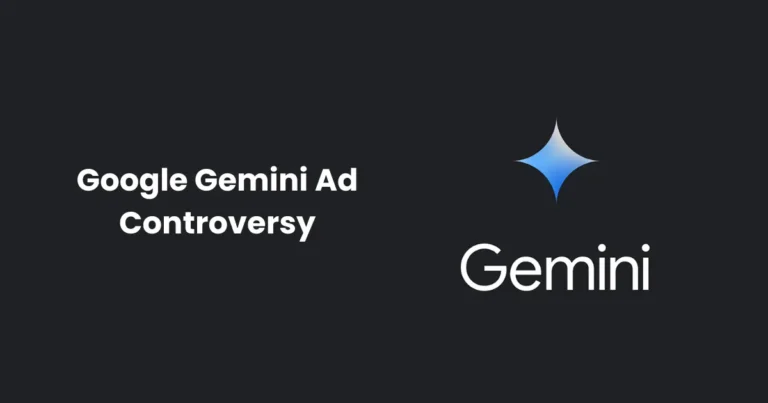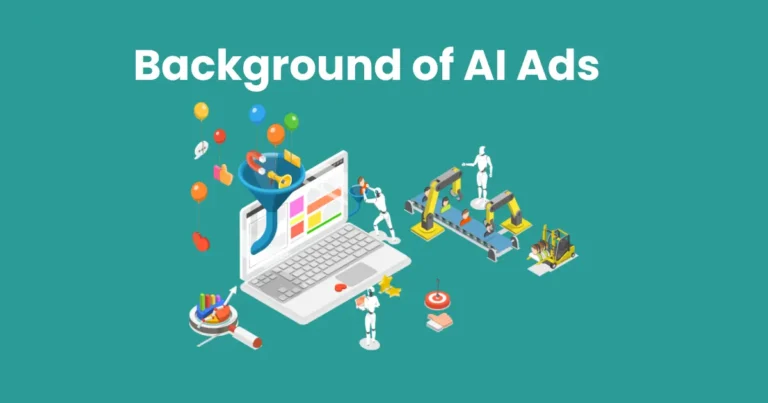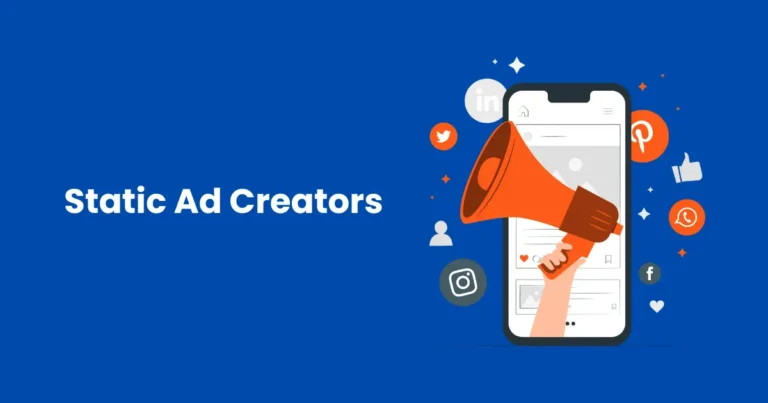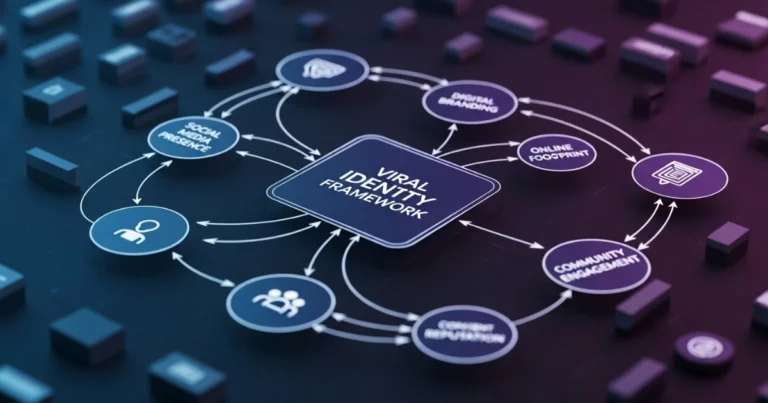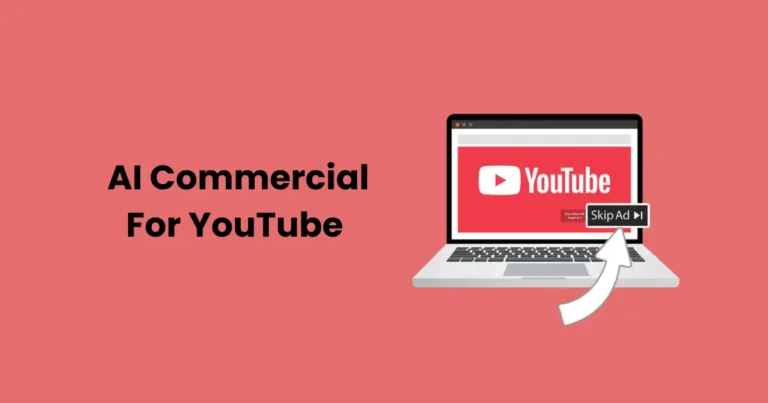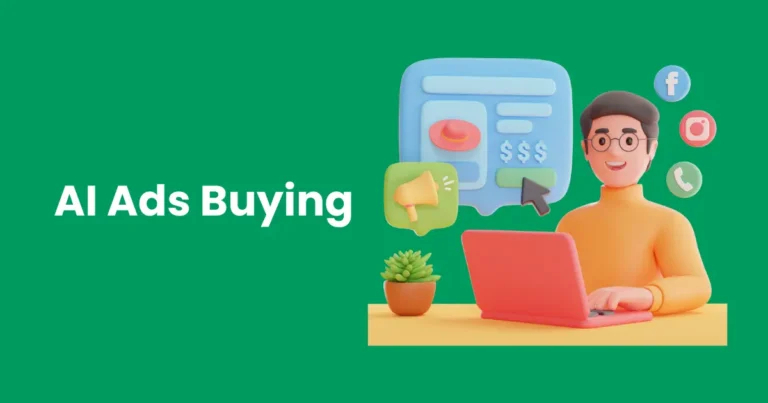AI Music Generators for Commercials | How AI Music Generators Work
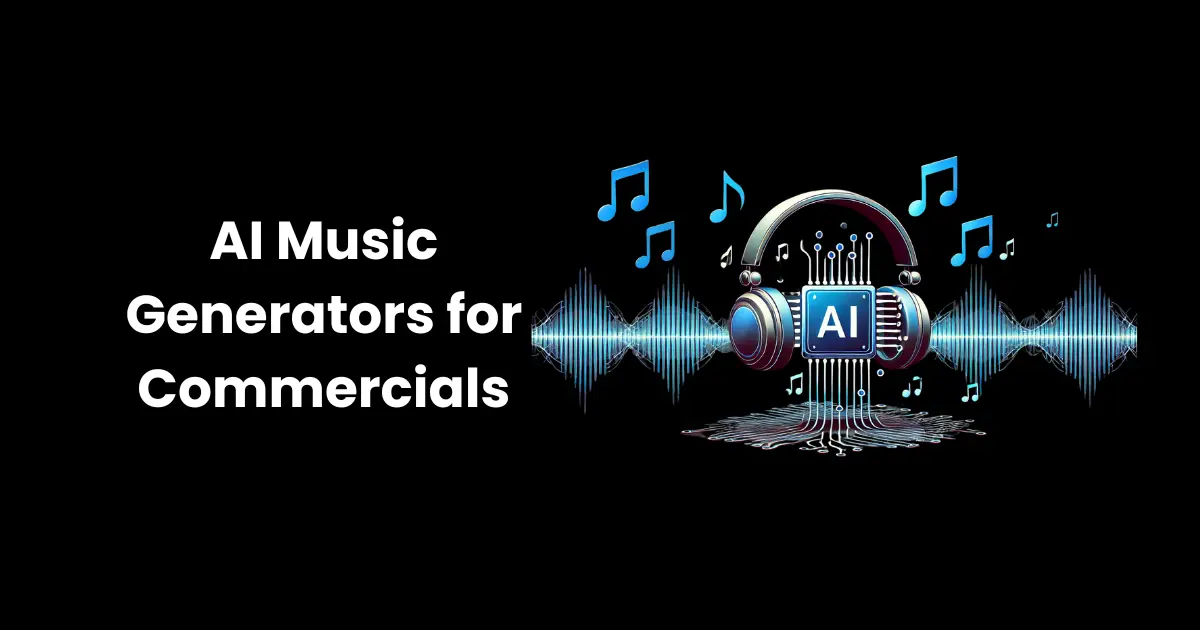
Contents
- 1 Benefits of Using AI Music Generators for Commercials
- 2 Top AI Music Generators for Commercials
- 3 How AI Music Generators Work
- 4 Tips for Choosing the Right AI Music Generator
- 4.1 1. Define Your Commercial’s Needs
- 4.2 2. Evaluate Customization Features
- 4.3 3. Check Licensing Options
- 4.4 4. Assess User-Friendliness
- 4.5 5. Consider Sound Quality
- 4.6 6. Look for Versatility
- 4.7 7. Read Reviews and Testimonials
- 4.8 8. Test the Free Version or Trial
- 4.9 9. Assess Pricing Plans
- 4.10 10. Integration with Other Tools
- 4.11 Conclusion
In the fast-evolving advertising industry, using AI music generators for commercials has emerged as a transformative solution. These advanced tools leverage artificial intelligence to create customized, high-quality music tracks tailored to specific brand needs. By automating the music composition process, businesses can produce captivating soundtracks faster and more affordably than ever before. Whether it’s a catchy jingle for a product launch or an emotional score for a heartfelt campaign, AI music generators provide unparalleled efficiency and creativity, making them a game-changer in commercial production.
What Are AI Music Generators?
AI music generators are software tools powered by artificial intelligence that compose original music tracks. By analyzing vast amounts of musical data, these tools can generate melodies, harmonies, rhythms, and even full compositions tailored to specific requirements. Using machine learning algorithms, they mimic human creativity by combining different styles, genres, and emotions to produce music that feels authentic and unique.
In the context of commercials, AI music generators for commercials allow advertisers to quickly create background scores, theme tunes, or soundscapes that align perfectly with their brand messaging. These tools often include features such as:
- Mood and Genre Selection: Users can specify the tone, tempo, and style they need.
- Customization: Tracks can be modified to suit precise commercial needs.
- Royalty-Free Licensing: Many AI music generators produce tracks that are automatically cleared for use in media, saving time and money on legal processes.
With advancements in AI technology, these tools are becoming increasingly sophisticated, enabling businesses to elevate their advertisements with professional-grade music.
Benefits of Using AI Music Generators for Commercials
AI music generators are revolutionizing the way businesses approach music production in advertising. They offer numerous advantages that make them a go-to solution for creating compelling soundtracks. Here are the key benefits of using AI music generators for commercials:

1. Cost-Effectiveness
Traditional music production often requires hiring composers, musicians, and sound engineers, alongside booking studio time. These expenses can quickly add up, especially for small businesses or startups. AI music generators eliminate the need for such extensive resources, enabling companies to create high-quality music at a fraction of the cost.
2. Speed and Efficiency
In the competitive world of advertising, quick turnaround times are essential. AI music generators can produce complete compositions in minutes, saving valuable time. This rapid production allows businesses to meet tight deadlines without compromising on the quality of their commercial’s soundtrack.
3. Customization and Flexibility
AI music generators offer a wide range of customization options. Users can select specific moods, genres, tempos, and instrumentations to create a track that perfectly complements their commercial. This flexibility ensures that the music aligns seamlessly with the brand message and audience expectations.
4. Consistency and Scalability
For businesses running multiple campaigns, maintaining consistency in music style is crucial for brand recognition. AI tools can replicate specific patterns or themes across tracks, ensuring a cohesive sound identity. Additionally, these tools are scalable, allowing businesses to produce as many compositions as needed for various commercials.
5. Accessibility for Non-Musicians
One of the most significant advantages of AI music generators is their user-friendly design. You don’t need to be a musician or have a background in sound design to create professional tracks. These tools simplify the process, making high-quality music production accessible to everyone.
6. Royalty-Free Licensing
Many AI music generators produce royalty-free music, removing the hassle of negotiating licensing fees or managing copyright issues. This ensures businesses can use the tracks across platforms without additional costs or legal complications.
7. Innovation and Creativity
AI music generators can experiment with unique combinations of melodies and sounds, offering creative outputs that might not occur through traditional methods. For commercials aiming to stand out, this innovation can lead to fresh, engaging soundtracks.
By leveraging AI music generators for commercials, businesses can enhance the impact of their advertisements while saving time, money, and resources. These tools are reshaping the advertising landscape, making professional music production more accessible and efficient than ever before.
Top AI Music Generators for Commercials
The growing demand for creative and efficient advertising has paved the way for numerous AI music generators that cater specifically to commercial needs. Below is a list of the top tools widely recognized for their ability to produce high-quality music tailored to various advertising campaigns.

1. Amper Music
Amper Music is one of the most popular AI music generators for commercials, known for its user-friendly interface and advanced customization features.
Key Features:
- Intuitive platform that doesn’t require prior musical expertise.
- Ability to adjust mood, tempo, and instrumentation.
- Quick composition of royalty-free tracks for commercials.
Best For: Businesses seeking fast, professional-grade music for various ad campaigns.
2. AIVA (Artificial Intelligence Virtual Artist)
AIVA is a sophisticated AI tool that creates intricate and highly customizable compositions. It’s often used in advertising, gaming, and cinematic productions.
Key Features:
- Specializes in classical and cinematic styles.
- Offers detailed customization options for emotional depth.
- Allows users to modify tracks after generation for precision.
Best For: Advertisers looking for detailed and emotionally engaging music.
3. Jukedeck
Jukedeck was among the pioneers in the field of AI music generation and remains a reliable choice for creating custom soundtracks.
Key Features:
- Automatic composition based on mood and genre.
- Simple licensing process for hassle-free use.
- Offers downloadable tracks that are ready for immediate integration.
Best For: Small businesses seeking affordable and effective music solutions.
4. Boomy
Boomy allows users to create, personalize, and even monetize their music. Its platform is particularly popular for producing digital marketing and social media content.
Key Features:
- Rapid composition with genre-specific options.
- Shareable music designed for social platforms and ads.
- Tracks that can be uploaded to major streaming platforms.
Best For: Digital marketers and small-scale advertisers.
5. Ecrett Music
Ecrett Music is a versatile tool designed to create royalty-free background music for videos and commercials. Its AI algorithm focuses on simplicity and user experience.
Key Features:
- Offers easy-to-navigate mood and scene options.
- Generates music specifically for commercials, vlogs, and presentations.
- Licenses music automatically for unrestricted use.
Best For: Advertisers needing straightforward, royalty-free tracks.
6. Soundraw
Soundraw is a powerful music generator that focuses on high-quality customization. It enables advertisers to tweak every aspect of their compositions.
Key Features:
- Intuitive sliders to adjust tempo, instruments, and mood.
- Royalty-free tracks with flexible licensing.
- Integration with video editing tools like Adobe Premiere Pro.
Best For: Creators looking for high levels of control over their ad soundtracks.
7. Melodrive
Melodrive specializes in adaptive AI music, making it ideal for interactive media and commercials requiring dynamic soundtracks.
Key Features:
- Real-time music generation that adapts to changing scenes.
- Offers immersive and highly engaging compositions.
- Designed for interactive platforms and commercials.
Best For: Advanced commercial projects needing interactive audio.
Each of these AI music generators for commercials offers unique features and benefits. By choosing the right tool based on your campaign’s needs, you can create captivating, high-quality soundtracks that elevate your advertising efforts.
How AI Music Generators Work
AI music generators rely on advanced algorithms and machine learning models to create music that mimics human composition. These tools analyze vast datasets of musical compositions, identify patterns, and use this information to produce unique tracks. Here’s a breakdown of how AI music generators for commercials function:

1. Data Collection and Training
AI music generators are built on large datasets containing diverse musical styles, genres, and compositions.
- These datasets include thousands of tracks, ranging from classical symphonies to modern pop.
- The AI analyzes elements like melody, harmony, rhythm, tempo, and instrumentation to understand the structure and essence of music.
2. Machine Learning and Pattern Recognition
Using deep learning techniques, the AI identifies patterns and relationships in the data.
- It learns how notes, chords, and rhythms interact to create music.
- This training enables the AI to replicate specific styles or blend multiple genres seamlessly.
3. User Input
When a user accesses an AI music generator, they typically provide input to define the desired output.
- Inputs include mood (e.g., happy, sad, energetic), genre (e.g., jazz, rock, electronic), and tempo (e.g., fast or slow).
- Users may also specify the purpose, such as creating a soundtrack for a commercial or a product launch.
4. Composition Generation
Once the parameters are set, the AI composes music based on the user’s input.
- Algorithms synthesize melodies, harmonies, and rhythms to match the specified mood and style.
- Some AI tools use generative adversarial networks (GANs), where two models compete to produce the most realistic composition.
5. Refinement and Customization
After generating the initial composition, many AI tools allow users to refine the track.
- Users can adjust individual elements like instruments, volume, and duration.
- Real-time editing ensures the final output aligns perfectly with the commercial’s requirements.
6. Output and Licensing
Once the track is finalized, it can be downloaded and used immediately.
- Most AI music generators for commercials produce royalty-free music, simplifying the licensing process.
- This ensures businesses can legally use the track across various platforms.
Real-Life Example
Consider a business creating an upbeat advertisement for a new product. The team uses an AI music generator, selecting “energetic” as the mood and “pop” as the genre. Within minutes, the AI produces a lively track with catchy beats that match the ad’s vibrant visuals.
By automating the music production process, AI music generators for commercials save time, reduce costs, and provide endless creative possibilities.
Tips for Choosing the Right AI Music Generator
Selecting the right AI music generator is crucial to creating a soundtrack that aligns with your commercial’s objectives. With numerous options available, finding the best tool can be challenging. Here are essential tips to guide your decision:

1. Define Your Commercial’s Needs
Before selecting an AI music generator, understand your project’s requirements.
- What mood or emotion do you want to convey?
- Do you need a specific genre, tempo, or style?
- Will the music be used for a product launch, storytelling, or background ambiance?
By answering these questions, you can narrow down your options to tools that cater to your specific needs.
2. Evaluate Customization Features
Different commercials require varying levels of customization.
- Look for AI music generators that allow you to adjust mood, tempo, instruments, and genre.
- Ensure the tool provides real-time editing options for refining the music to suit your ad’s tone and visuals.
Customizable tools are ideal for producing unique, brand-specific soundtracks.
3. Check Licensing Options
Licensing is a critical factor when choosing a tool for commercial use.
- Opt for AI music generators that produce royalty-free music.
- Verify that the tool’s licensing policy covers all platforms where your commercial will be showcased, such as TV, social media, and websites.
This ensures you avoid potential legal complications.
4. Assess User-Friendliness
An intuitive interface can save you time and effort, especially if you’re not a musician.
- Choose tools with simple navigation, clear instructions, and pre-built templates.
- Tools designed for non-musicians are typically easier to learn and use effectively.
5. Consider Sound Quality
The quality of the music directly impacts your commercial’s professionalism.
- Test the tool’s output by generating sample tracks.
- Ensure the compositions sound natural, engaging, and suitable for a professional advertisement.
High-quality soundtracks can significantly enhance your brand image.
6. Look for Versatility
Versatile AI music generators can cater to a variety of advertising needs.
- Select a tool that supports multiple genres, moods, and styles.
- Some generators also offer features for creating soundscapes, jingles, or background music for storytelling.
This versatility ensures you can use the tool for multiple projects.
7. Read Reviews and Testimonials
User feedback provides valuable insights into the tool’s performance and reliability.
- Check reviews on platforms like Trustpilot, G2, or app stores.
- Pay attention to user experiences regarding customization, ease of use, and customer support.
8. Test the Free Version or Trial
Many AI music generators offer free versions or trial periods.
- Use these trials to explore the tool’s features and capabilities.
- Evaluate if it meets your requirements before committing to a paid plan.
9. Assess Pricing Plans
Budget is an important consideration, especially for smaller businesses.
- Compare the pricing of different tools and ensure it aligns with your budget.
- Consider whether the tool offers flexible plans, such as pay-per-use, monthly, or annual subscriptions.
10. Integration with Other Tools
If your commercial involves video editing, look for music generators that integrate with editing software.
- Some tools, like Soundraw, work seamlessly with Adobe Premiere Pro and similar platforms.
- Integration streamlines your workflow and enhances productivity.
By keeping these tips in mind, you can select the best AI music generator for commercials to create impactful and professional soundtracks that resonate with your audience.
Conclusion
AI music generators have revolutionized the way music is created for advertising, offering businesses a cost-effective, efficient, and creative solution for their commercial soundtracks. By harnessing the power of advanced algorithms, these tools deliver high-quality compositions tailored to specific moods, genres, and campaign objectives. With their ability to generate royalty-free music quickly, they eliminate traditional challenges like lengthy production times and expensive licensing fees.
When choosing the best AI music generator for commercials, it’s essential to consider your project’s unique requirements, from customization options and sound quality to licensing and budget. Tools like Amper Music, AIVA, and Boomy demonstrate how AI can simplify music production while maintaining creativity and professionalism. As the advertising landscape continues to evolve, incorporating AI-generated music into your campaigns can set your brand apart. By selecting the right AI music generator, you can create compelling audio experiences that captivate your audience and elevate your commercial success.

